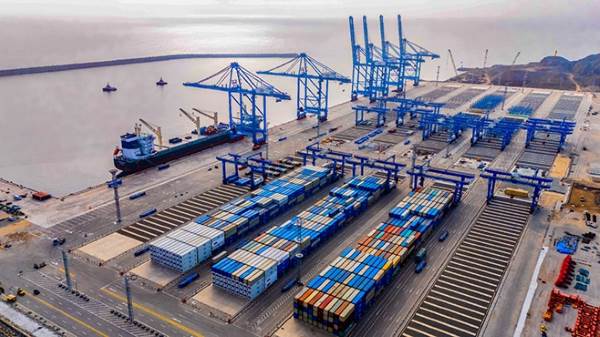Bolivia and Peru Strengthen Ties with New Border Agreement
By PPO Abogados

A high-level meeting between Bolivia and Peru Foreign Ministers culminated in the signing of an agreement to establish a new border crossing in the Amazon region and a binational memorandum aimed at the environmental protection of Lake Titicaca, one of the largest freshwater lakes in the world, shared by both countries.
The partnership between Bolivia and Peru has a long history of cooperation, especially considering their shared geographical, cultural, and economic interests. Both countries have a vested interest in strengthening their bilateral relations, focusing on regional integration, sustainable development, and preserving natural resources.
The countries signed an agreement to establish a temporary border crossing between the Bolivian city of Extrema and the Peruvian town of San Lorenzo. The move is part of a broader effort to enhance connectivity and integration between the populations of the Pando region in Bolivia and the Madre de Dios region in Peru.
This strategic corridor is expected to enhance economic development in the remote and ecologically sensitive regions, fostering deeper integration between the two nations.
The ministers also discussed other areas of bilateral cooperation, emphasizing the need for increased connectivity and regional integration. Among the proposed initiatives are the creation of new integration routes, such as the Tacna-La Paz highway, which will improve trade and transportation between the two countries.
Additionally, the two ministers agreed to support Bolivia's access to broader international markets, specifically by facilitating Bolivian exports through the Chancay port in Peru. This would provide Bolivia with direct access to Asia-Pacific markets, a vital opportunity for its growing economy.
In addition to the border crossing agreement, Bolivia and Peru also signed the 2025-2026 Biennial Operational Plan of the Binational Autonomous Authority of Lake Titicaca, a key agreement that will guide both nations in their efforts to preserve the lake’s environmental health. The Binational Memorandum approved funding for ongoing and future projects focused on reducing pollution, ensuring the equitable use of water resources, and maintaining the lake's unique ecosystem. Lake Titicaca is not only a critical water source for both countries but also holds immense cultural and spiritual significance for local communities.
The commitment to environmental preservation is especially important as the lake faces increasing pollution due to agricultural runoff, mining activities, and urban development around its shores. By working together, Peru and Bolivia aim to tackle these challenges and promote sustainable development in areas like fishing, tourism, and agriculture.
